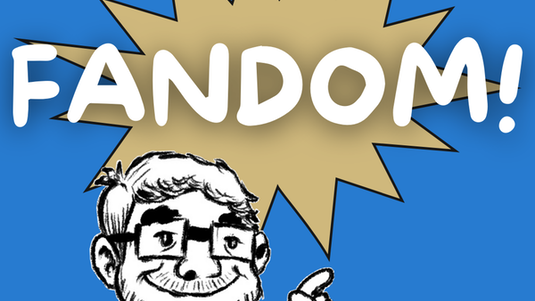Fandom, Social Media, and Authenticity in the Digital Age free videos and free material uploaded by University of Colorado Staff .
- 7th Mar, 2022
Fandom, Popular Culture, and Digital Media in Context
In this module, you will explore the relationships between key dynamics of fandom, popular culture, and digital media. You will practice skills in self-reflection and interpretation, as well as begin the process of representing your own fandom through writing and digital publication in your very own blog.
Social Media, Representation, and Participatory Culture
In this module, you will explore social media as a case study for participatory culture and the modes of engagement and representation of the self that are possible in the digital age. Specifically, you will explore the concept of the “selfie” as a vehicle for the complex interplay of identity, memory, representation, and participation in popular culture. You’ll practice critical self-reflection as a means to better understand your engagement with fandom and popular culture.
Experience, Ideology, and Pop Culture Interpretation
In this module, you will explore the dynamics of personal experience and political ideology as each plays into the ways we engage and interpret popular culture and fandom around us. You will use Roxane Gay as a case study, particularly her framing of “bad feminism” as a means of discussing authentic engagement in the digital age. You will gain skills in analysis and interpretation, as well as close reading. You’ll also prepare your final blog project submissions.
The Dark Side of Social Media
In this module, you will explore some speculation about the future of social media engagement and the stakes for representation and identity. You will continue to apply your skills of self-reflection and close reading to prepare your fandom immersion blog project submission.
Fandom, Social Media, and Authenticity in the Digital Age" focuses your attention on the interconnected dynamics of identity, representation, interpretation, and self-reflection. It asks the question: how, where, and with whom do we inhabit the worlds of fandom and popular culture in the digital age? We will explore the role of digital media in the production of celebrity and fandom, using social media tools and platforms as a running case study. More broadly, the course is about what media studies scholar Henry Jenkins has called “participatory culture,” the processes by which bring our selves into digital spaces, establish trust and authenticity (or challenge these concepts), and negotiate identity in and amongst others. Along the way, you will develop skills in critical self-reflection and communication, as well as analysis and interpretation. You’ll audit your own social media usage, and put this learning in context with major social media presences of our era.
Course-Level Learning Outcomes
* Define and describe the relationship between fandom, popular culture, and digital media as each impact our identity and interactions with others
* Apply critical self-reflection and close reading frameworks through personal and professional writing and online publication
* Engage with pop culture and fandom communities by leveraging online platforms to make connections and synthesize learning
* Reflect on your personal relationship to social media, identity, representation, and social interaction online
Course 1 Skills:
* Personal Development
* Analysis
* Digital Literacy
* Writing
* Social Media * Close Reading

- 0 Reviews
- 3 Students
- 208 Courses

Write a public review